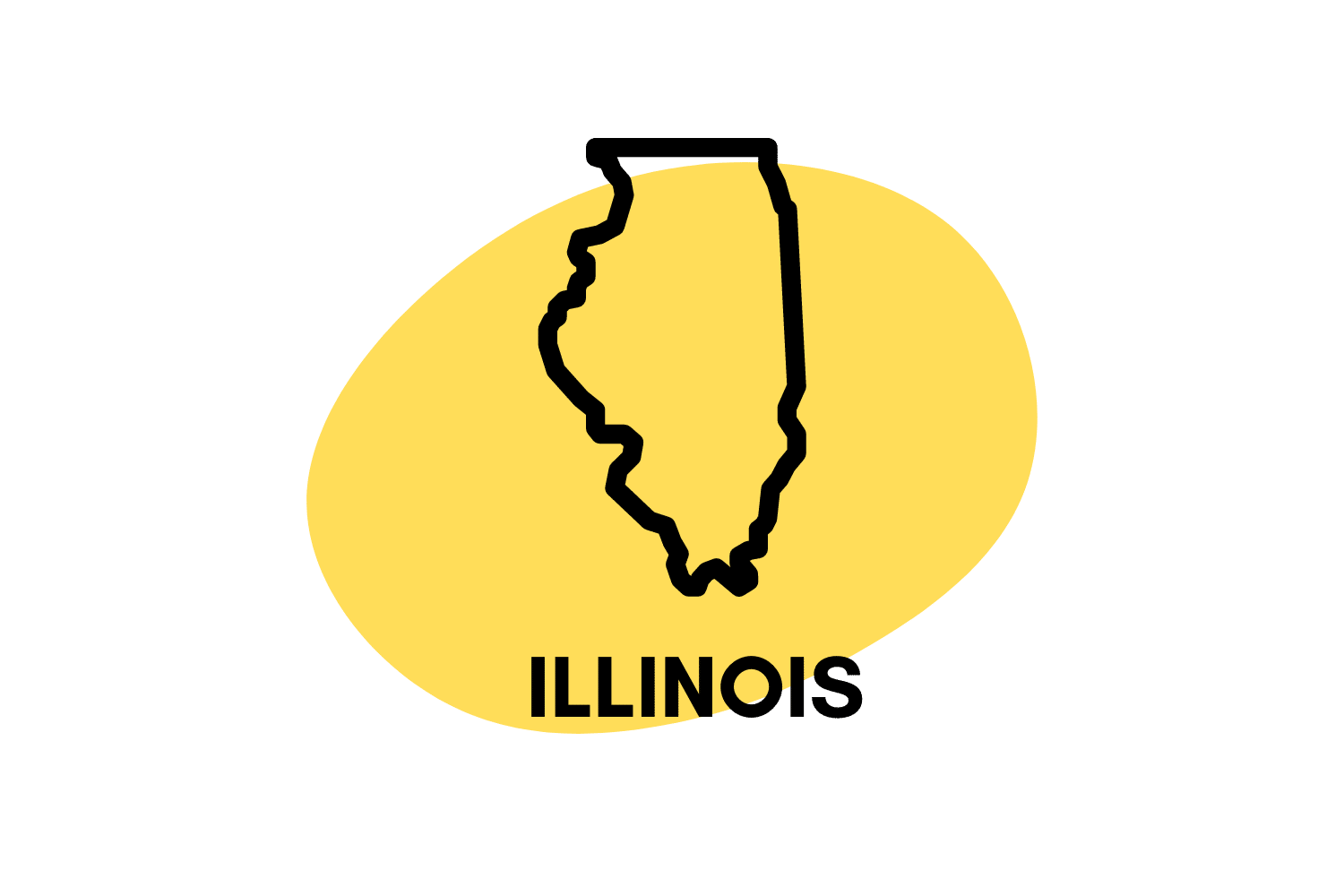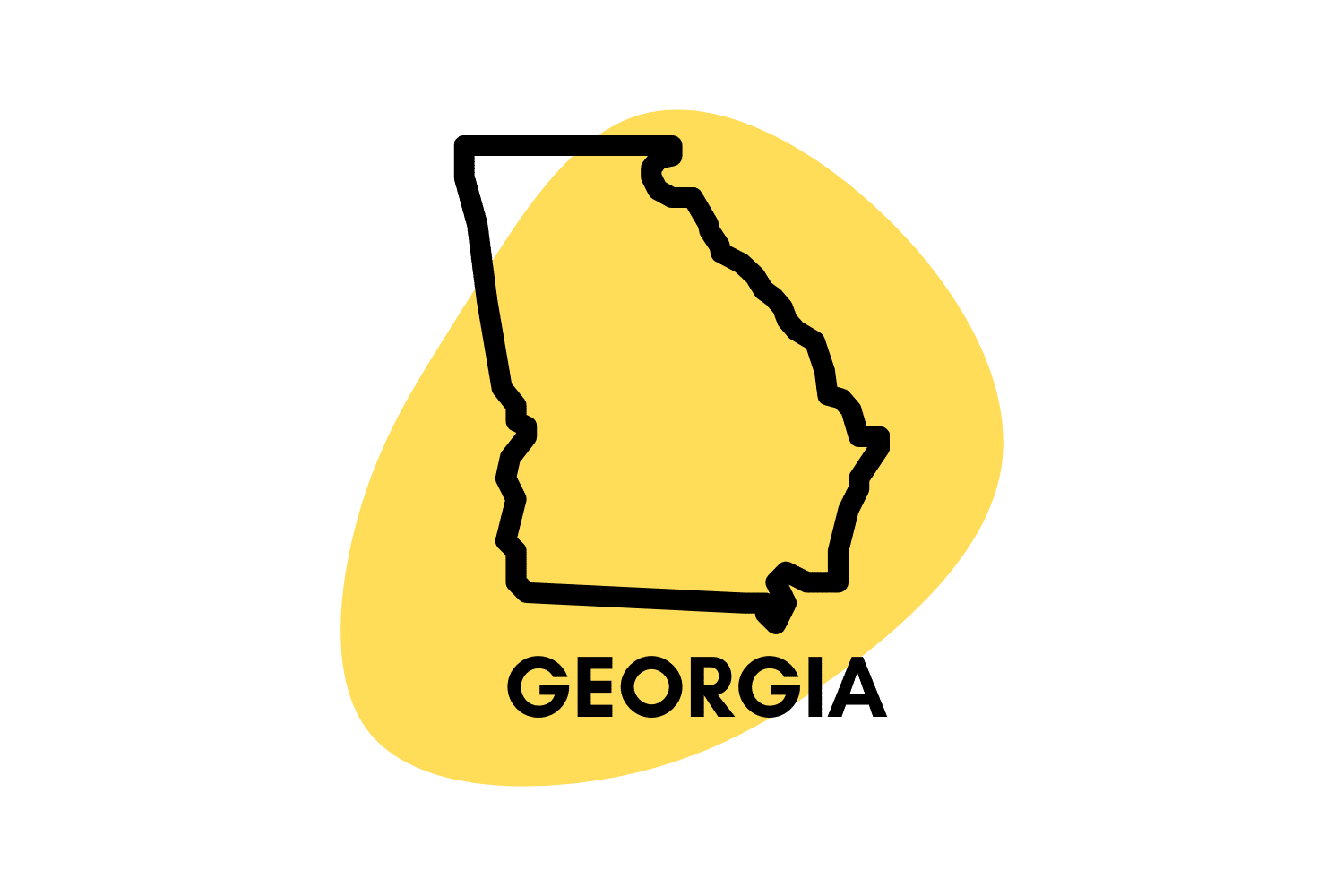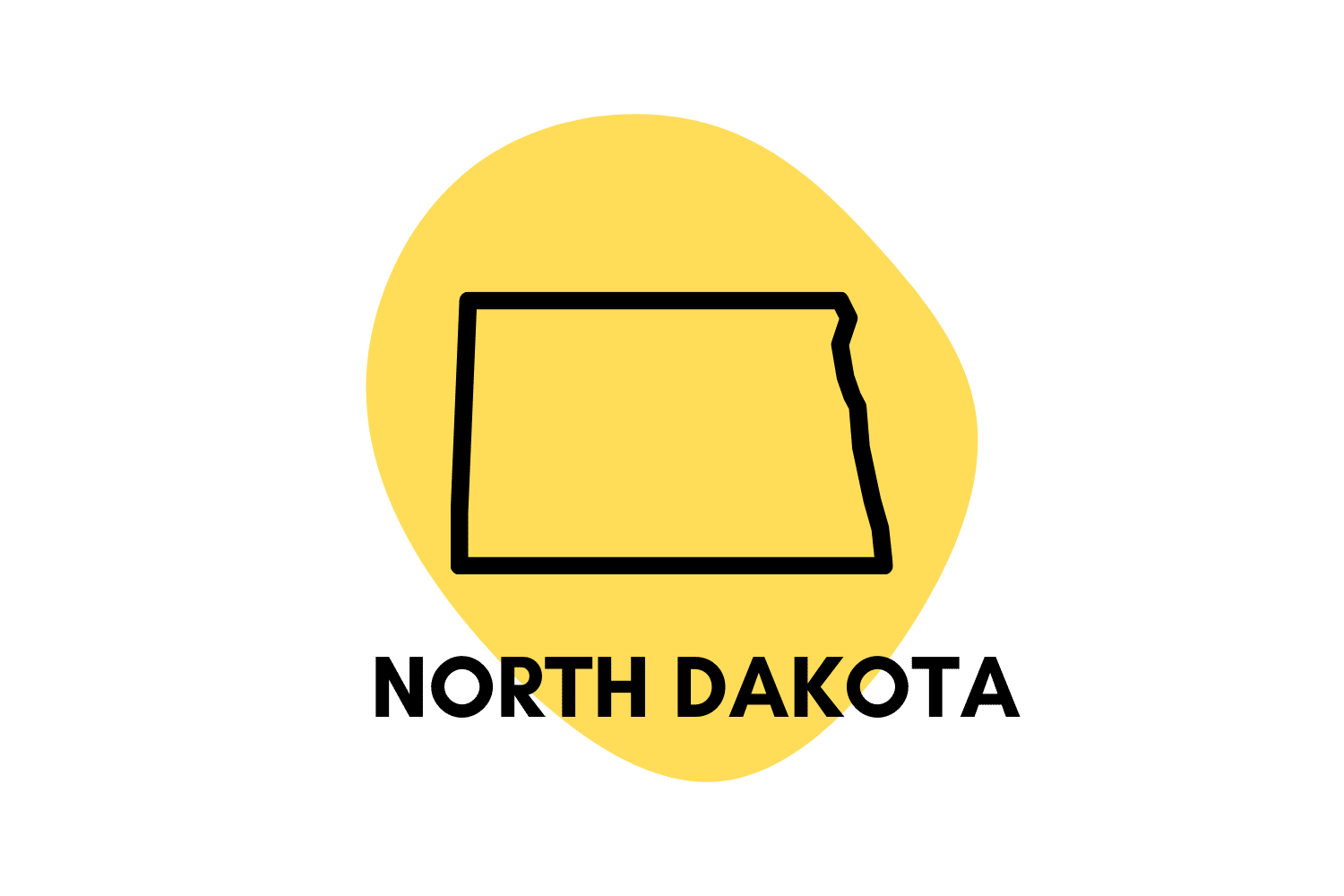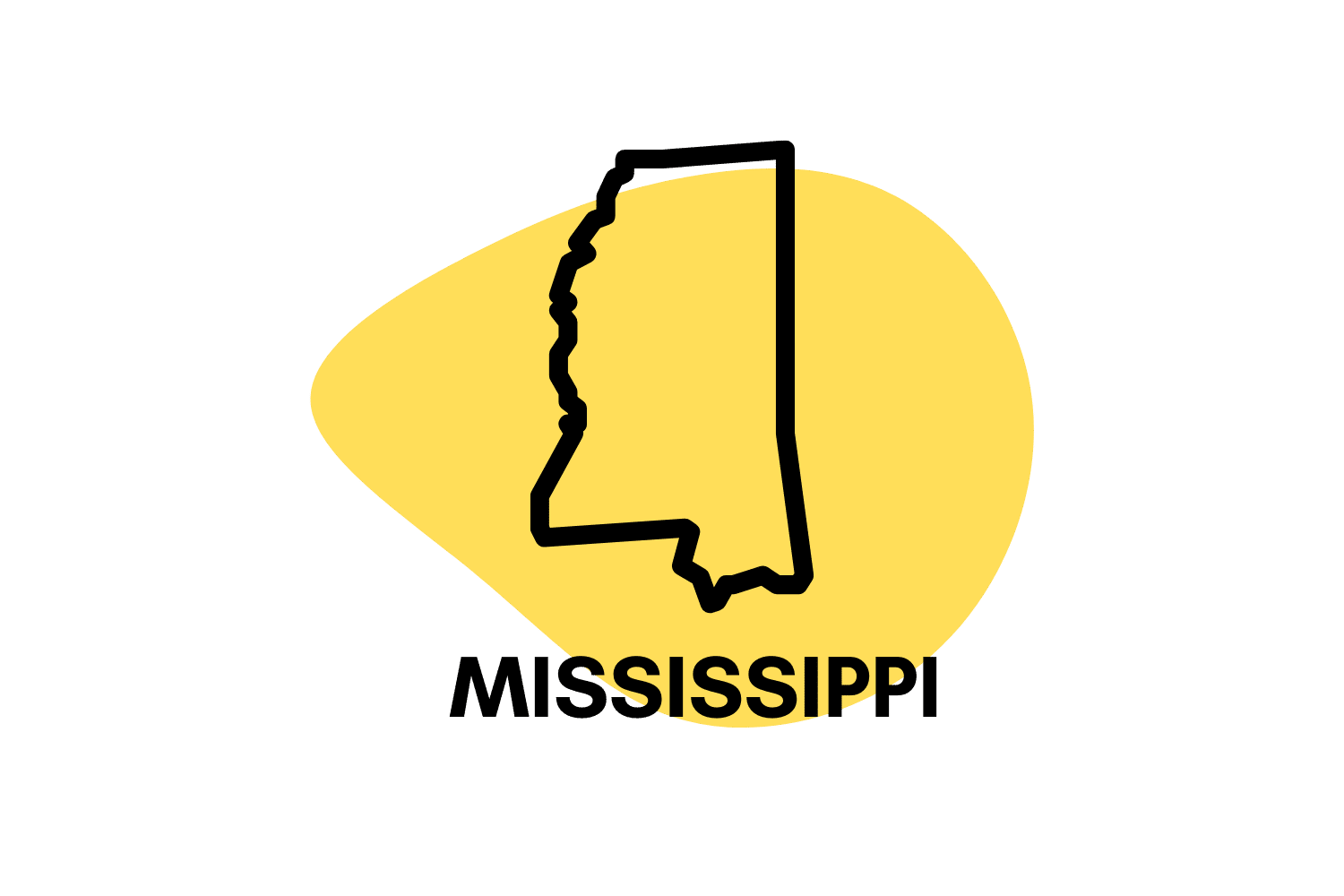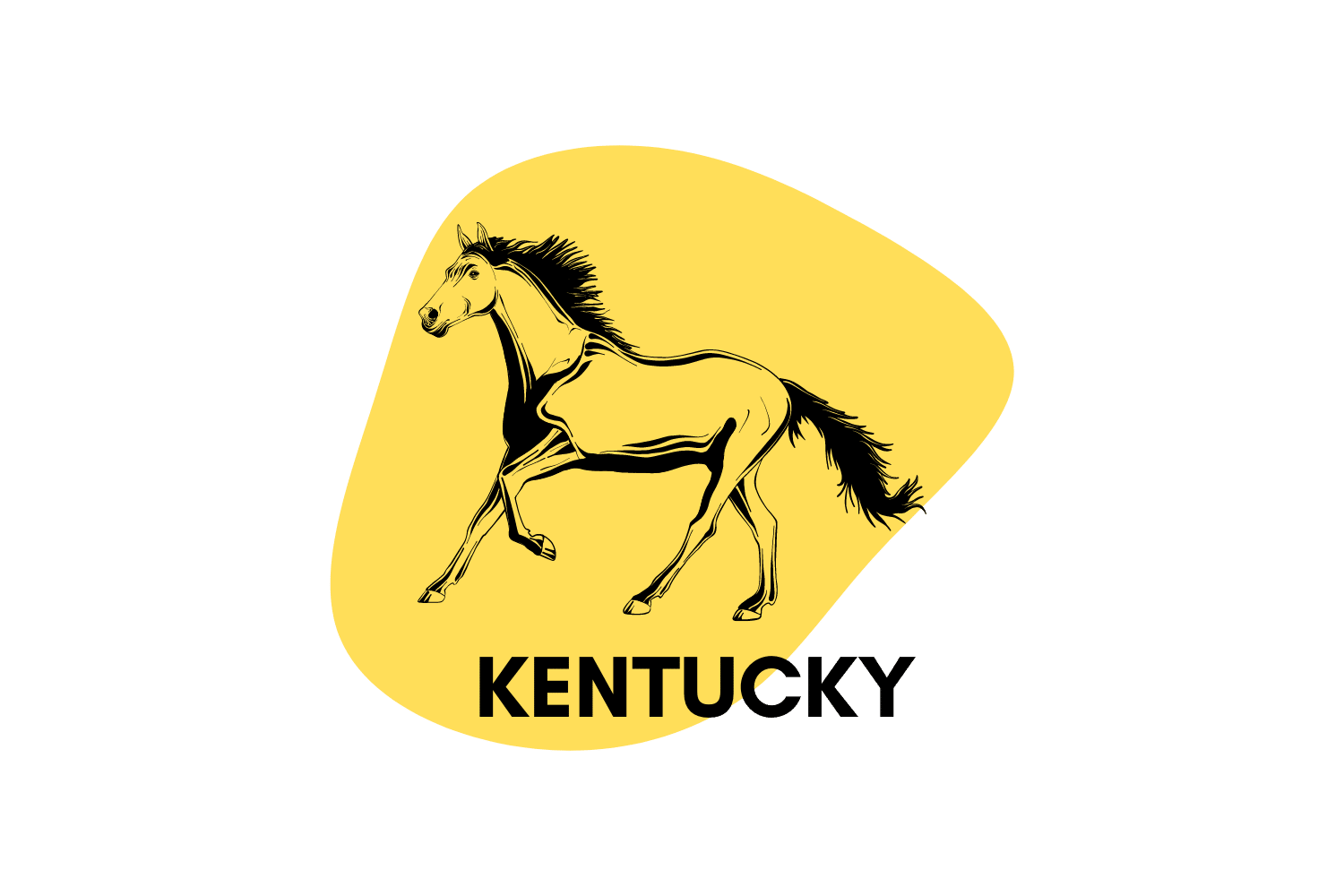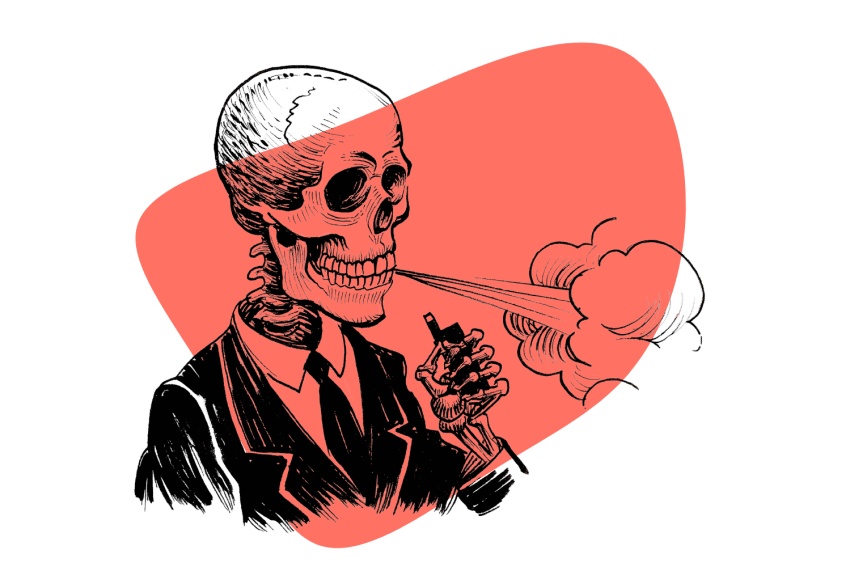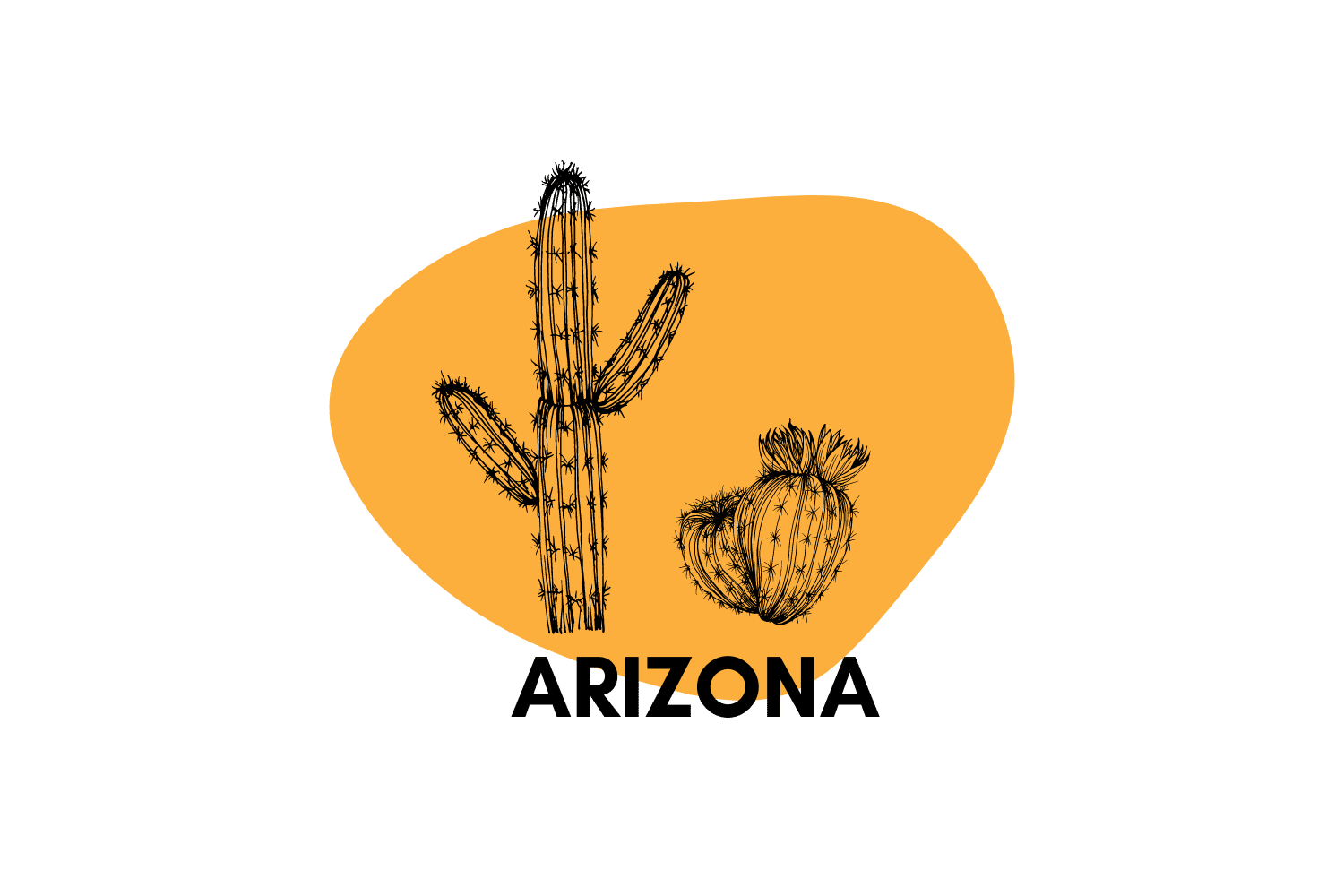What’s New In Connecticut? Psychedelic Drug Laws At a Glance
Connecticut isn’t in a hurry to legalize psychedelics 🦥 — but progress is being made in the field of psilocybin research.

Virtually all psychedelic substances are illegal in the state of Connecticut — and there’s no indication this is going to change within the next 12 months.
Here, we’ll explore the current legal climate (including the state of decriminalization of psychedelics) in the state of Connecticut.
Summary: The State of Psychedelics in Connecticut
- ❌ Psychedelics are not yet legal in Connecticut, but lawmakers recently passed HB 5396, approving psilocybin research and a pilot program.
- ✅ Marijuana is legal for both medical and recreational consumption.
- ❌ Synthetic psychedelics (DMT, ketamine, MDMA, 2C-B, etc,) remain strictly prohibited in CT.
Are Magic Mushrooms Legal In Connecticut?
Psilocybin (the active ingredient in magic mushrooms) is an illegal substance in the state of Connecticut.
Law Conn. Gen. Stat. § 21a-279 specifies no difference in the amount you are caught with.
Possessing psilocybin is considered a felony. If the police catch you, you can face up to 5 years in prison or up to $2000 in fines.
If it’s not your first time committing a drug crime, charges are doubled, as you can be sentenced to up to 10 years in prison or receive fines of up to $5000.
Related: Where are magic mushrooms legal?
Do Magic Mushrooms Grow Wild in Connecticut?
Magic mushrooms grow wild all over the world, including Connecticut. Here, you can find many species of wild magic mushrooms.
The most common species of psilocybin-containing mushrooms in Connecticut:
What Are the Medicinal Uses of Shrooms?
Research has shown that magic mushrooms offer support for conditions including depression, post-traumatic stress disorder (PTSD), cluster headaches, addiction, and existential anxiety.
Moreover, psilocybin and other psychedelics have been shown to improve problem-solving and creativity.
A lot of this research comes from organizations such as Johns Hopkins Medicine, Harvard, NGOs such as MAPS, and companies such as Compass Pathways.
Is LSD Legal In Connecticut?
No. Despite an impressive safety profile and clear medicinal benefits, LSD (lysergic acid diethylamide) is illegal in the state of Connecticut.
Connecticut imposes stiff penalties for possessing this substance. The penalties for selling acid goes up to 15 years in prison or fines of up to $50,000.
Is MDMA Legal In Connecticut?
Also known as ecstasy and molly, MDMA is an illegal substance that produces stimulant and empathogenic effects.
Molly is a party drug but also has clear medicinal benefits. It’s on the brink of being legalized across the entire United States for the treatment of PTSD (in a clinical setting).
Possession of MDMA illegally could result in up to 5 years in prison and fines up to $2000.
Is Ketamine Legal In Connecticut?
Ketamine is an anesthetic for clinical use. It’s also used in ketamine clinics for the treatment of depression and PTSD.
Unlike the substances mentioned above, ketamine is a schedule III controlled substance, so the penalties for simple possession are lighter. Generally, those caught with small amounts of ketamine won’t go to jail.
What’s the Difference Between Legalization & Decriminalization
Legalization and decriminalization are two terms that are erroneously used as synonyms.
The term decriminalization refers to significantly reducing penalties for a crime. On the other hand, legalization is taking it a step further, completely removing any legal consequences for an activity previously considered a crime.

Key Takeaways: What’s the Future of Psychedelics in Connecticut?
Connecticut doesn’t show much of an interest in changing drug laws. However, there’s a strong shift in people’s awareness about the use of certain substances.
This is thanks to all the medical advances that have been made throughout this century regarding psychedelic therapy. Perhaps, in Connecticut, the laws will take time to change. However, we are hopeful that sooner or later, they will.

